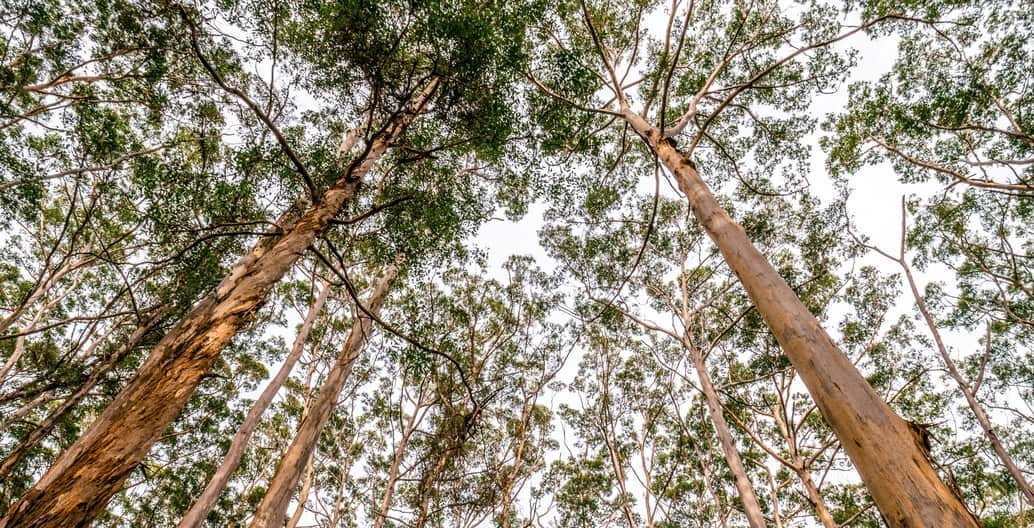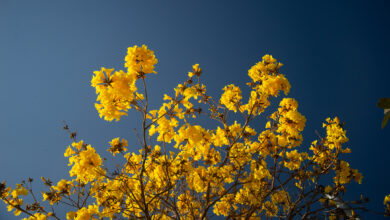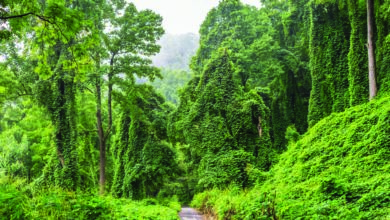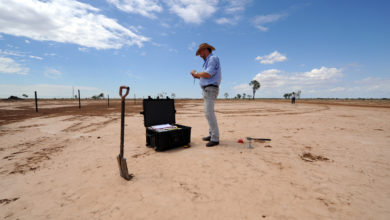
Foreground Weekly Review: The trees and the woods
The impacts of tree growth and tree loss are becoming ever more clearly a global issue, while governance, responsibility and effective action remain fragmented by national, state and local concerns.
Following the announcement by the Australian Institute of Landscape Architects of its Green Infrastructure Position Statement – and National Tree Day last Sunday – the past week has seen a leafy bud-burst of tree-related news.
Trees may grow slowly, but they can be destroyed quickly. The urgent need for protective action was made last week in the case of massive Siberian forest fires. They have burnt an estimated 12 million hectares this year alone. More than 3.2 million hectares were reported as burning on Monday 29th July, from fires started by dry thunderstorms in hot, windy conditions. These unprecedented fires have raised fears that heat and ash will accelerate the melting of the Arctic, along with significant CO2 emissions and the loss of future capacity of the forest regions to absorb carbon.
Russian authorities reportedly do little to contain the fires. The cost of fighting regular fires in remote areas has been claimed by regional officials to be far greater than the costs of damages. However, the long-term impacts are clearly global, with observers and activists urging action on the basis that this is no longer even a national problem, let alone a regional one. Greenpeace launched a petition to move against the wildfires in Siberia, signed by over 245,000 people on Tuesday evening.
The 26th of July was National Schools Tree Day. Children need trees but in one decade Australian cities removed enough to cover Brisbane. While schools around the country planted trees it was reported that between 2008 and 2017, Australia’s major metropolitan regions collectively lost 1586 square kilometres of total vegetation. As well as sudden catastrophic destruction there is ongoing and even accelerating incremental loss that is just as dangerous.
The NSW government is under fire for granting an amnesty to farmers who had carried out illegal land clearing in advance of more lenient land clearing laws that were introduced in August 2017. Hundreds of cases were waiting review. Land clearing was up 50 percent as reported in June, while prosecutions were down 80 percent. The new laws have been criticised for encouraging further deforestation at a time when tree planting is regularly cited as a vital tool in combating climate change.
On the same day that students across Australia planted trees, a report of recent research into climate change impacts on 176 of the most common tree species planted across Australian cities revealed that some of the most commonly planted trees are unlikely to survive predicted conditions in the near future. More than 70 percent of the investigated species will experience harsher climatic conditions by 2070. So, despite more tree-planting initiatives, the problem may be that we are not planting the best species to achieve the literally growing long-term – or even shorter term – benefits that trees can bring.
On 29th July, RMIT’s Centre for Urban Research posted findings of the loss and gain of tree cover in Greater Melbourne. Their mapping shows that Melbourne’s eastern and south-eastern suburbs have lost almost 2,000 hectares of trees since 2014, while in the west, urban forests are growing stronger. While there may seem to be an overall balance, the newer, younger trees of the western plains will be facing a harsher, more unpredictable climate, while the loss of more mature established trees in the hillier, moister eastern suburbs are very unlikely to regain that cover due to infill development trends.
Meanwhile, as also reported on 29th July, Ethiopia planted more than 350 million trees in a day with some government offices closed so that public employees could participate. Staff from the United Nations, African Union and foreign embassies in Ethiopia also took part. While there may be truth in claims that the record-breaking achievement was intended to distract from the country’s other troubles and ethnic tensions, the demonstrable effort serves to deliver some immediate improvements and encourages further similar ones.
_
Foreground reads: our pick from around the web on trees
NSW farmers granted amnesty for illegal land-clearing
New South Wales farmers who cleared land illegally under the old Native Vegetation Act have been granted an amnesty by the Berijiklian government, which has announced it will no longer launch any new prosecutions for breaches of the old law.
Siberia forest fires spark potential ‘disaster’ for Arctic
Gigantic forest fires have regularly raged through the vast expanses of Russia’s Siberia, but the magnitude of this year’s blazes has reached an exceptional level with fears of a long-term impact on the environment.
Children need trees but in one decade our cities removed enough to cover Brisbane
In his book Last Child in the Woods, Richard Louv coined the term “nature-deficit disorder” to describe the cost of alienation from the natural world. According to Louv, children spending less time outdoors than ever before is contributing to an increasing number of behavioural problems.
Source: The Sydney Morning Herald
Our cities need more trees, but some commonly planted ones won’t survive climate change
We need trees in our lives. This past summer, Adelaide experienced the hottest temperature ever recorded in an Australian state capital, hitting 46.6 degrees on January 24. Trees beautify otherwise grey cities and cool our suburbs during heatwaves. But different species have different levels of tolerance of heat, lack of water and other threats posed by climate change.
Urban forests: How the west is winning the greening challenge
Melbourne’s eastern and south-eastern suburbs have lost almost 2,000 hectares of trees since 2014, while in the west, urban forests are growing stronger, finds new research. Investigating tree and vegetation cover across metropolitan Melbourne, the report found that the east and south-east regions that are experiencing the highest amount of tree cover loss are losing most on residential and park land about the size of Reservoir.
Ethiopia ‘breaks’ tree-planting record to tackle climate change
Ethiopia has planted more than 350 million trees in a day, officials say, in what they believe is a world record. Prime Minister Abiy Ahmed is leading the project, which aims to counter the effects of deforestation and climate change in the drought-prone country.


